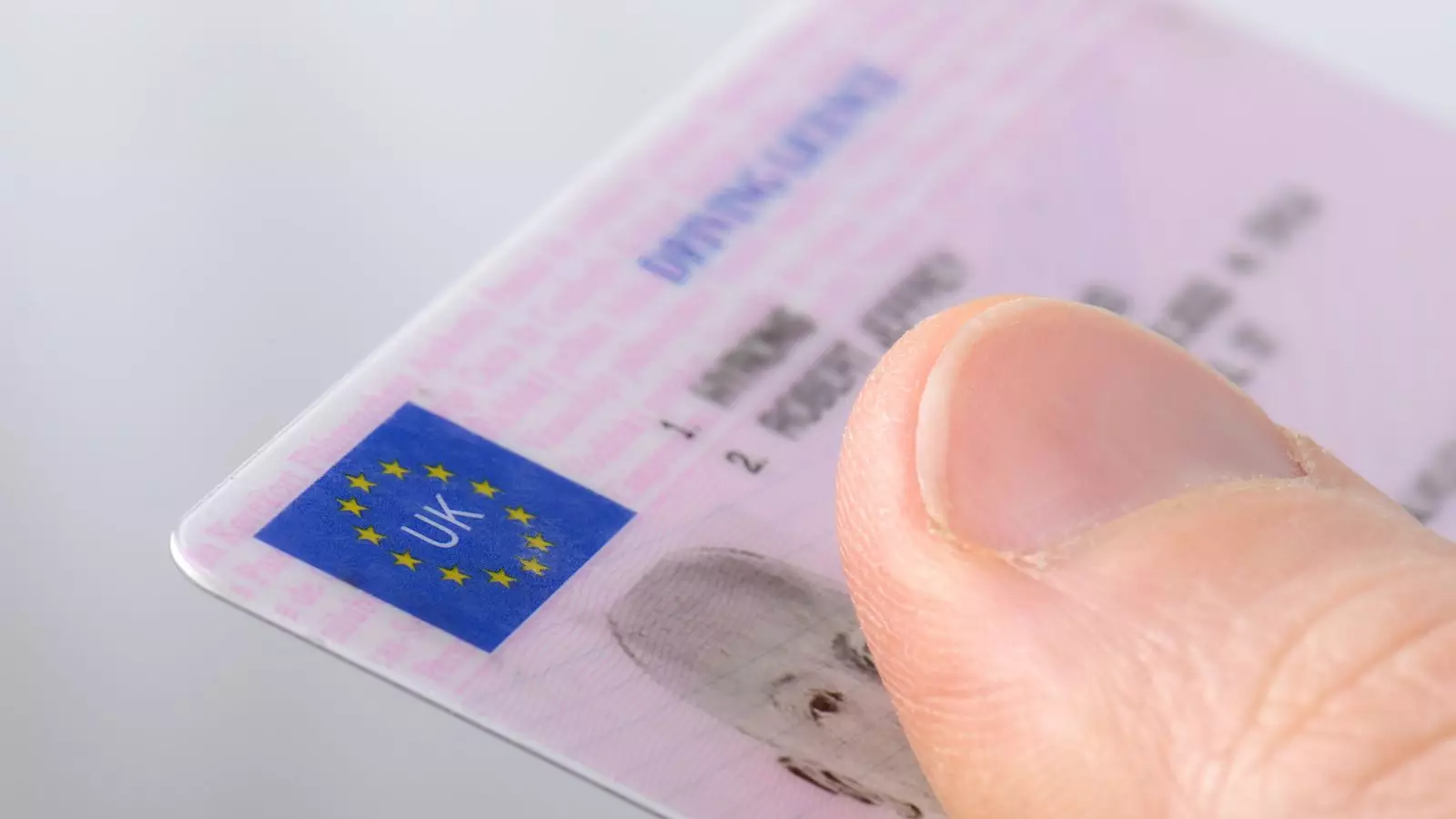Benefit fraud represents a significant financial burden to governments, affecting not just public finances but also the perception of welfare systems among citizens. The recent announcement from the Department of Work and Pensions (DWP) in the UK signals a robust government response aimed at rectifying these issues. As the state grapples with substantial losses attributed to fraudulent activities, new legislative measures are poised to implement stricter controls and penalties for those who exploit the welfare system.
Reports indicate that in the financial year concluding in April 2024, approximately £8.6 billion was lost due to fraud and improper overpayments, an alarming figure that underscores the urgency for action. In recognition of these staggering losses, the DWP is advancing the Public Authorities (Fraud, Error and Recovery) Bill, described as one of the most significant fraud crackdowns in recent history. This legislation aims not only to recover funds but to deter potential fraudsters through tougher penalties and surveillance measures.
The government estimates that the new legislation could save taxpayers around £1.5 billion over the next five years. This potential savings serves as a motivating factor for the DWP, highlighting its commitment to applying stringent measures against benefit fraud.
Among the most striking proposals within the new bill is the potential for benefit fraudsters to face driving bans if they default on repayment agreements. Such bans could last for up to two years, and the government will be empowered to suspend driving licenses for individuals who owe £1,000 or more and choose to ignore repayment requests. This marks a key shift towards more severe repercussions, aiming to enhance compliance among those who fraudulently claim benefits.
In addition to driving sanctions, the DWP will have the authority to access bank account information of suspected fraudsters. This move could lead to direct recovery of funds from their accounts, increasing accountability and reducing the likelihood of individuals evading their financial responsibilities. Such measures signal a significant escalation in the government’s approach to tackling welfare fraud, focusing on both prevention and recovery.
The COVID-19 pandemic has been a notable catalyst for fraud-related issues in the UK, leading to an almost doubling of fraud and error-related benefit overpayments. The unprecedented changes to the welfare system during this period created vulnerabilities that were exploited by individuals seeking to take advantage of governmental support. In light of this, the incoming legislation is particularly timely, as it seeks to address issues that were exacerbated during the health crisis.
This context not only frames the need for the new bill but also indicates how past crises can lead to long-standing challenges in public finances and governance. The DWP’s proactive stance in this matter reflects a desire to restore public trust in the welfare system by ensuring that resources are allocated to those who genuinely need support.
Political responses to the proposed legislation have varied. Helen Whately, the shadow work and pensions secretary, articulated skepticism, suggesting that the current approach is merely a continuation of previous Conservative strategies. In a politically charged climate, her remarks highlight the complexities of trust and accountability in governance, especially when recalling instances of misconduct from political figures.
Moreover, the public will undoubtedly scrutinize the intended effectiveness of these new measures. The government’s commitment to implementing independent oversight and safeguarding provisions is critical for maintaining public confidence. Clear reporting mechanisms will be essential to demonstrate that such powers are being utilized appropriately and do not disproportionately impact innocent individuals.
The introduction of the Public Authorities (Fraud, Error and Recovery) Bill marks a pivotal moment in the UK government’s attempt to confront and mitigate benefit fraud. With potential savings for taxpayers at stake and a pressing need to protect the integrity of the welfare system, the government’s actions represent a significant escalation in the battle against fraud. However, as these measures roll out, ongoing evaluation will be vital to ensure they achieve their intended effects without infringing on the rights of law-abiding citizens. The ability of this legislation to foster a more reliable and effective welfare system remains a focal point for both political leaders and the public alike.


Leave a Reply